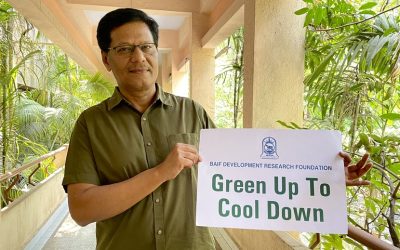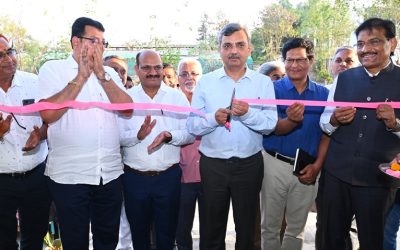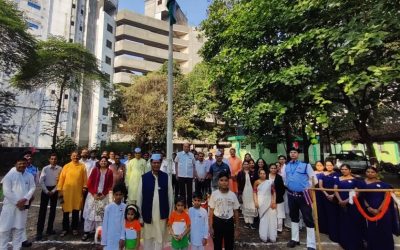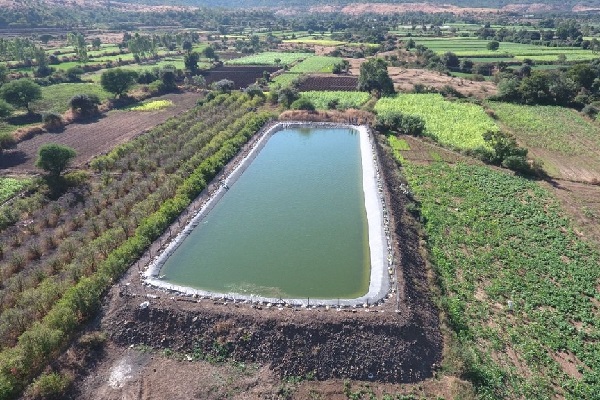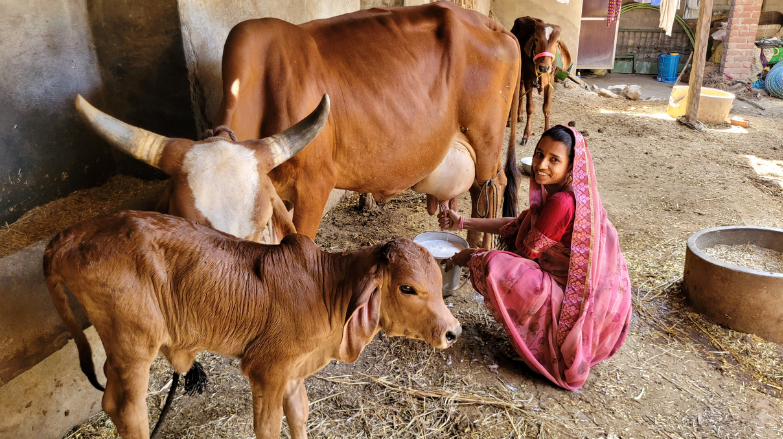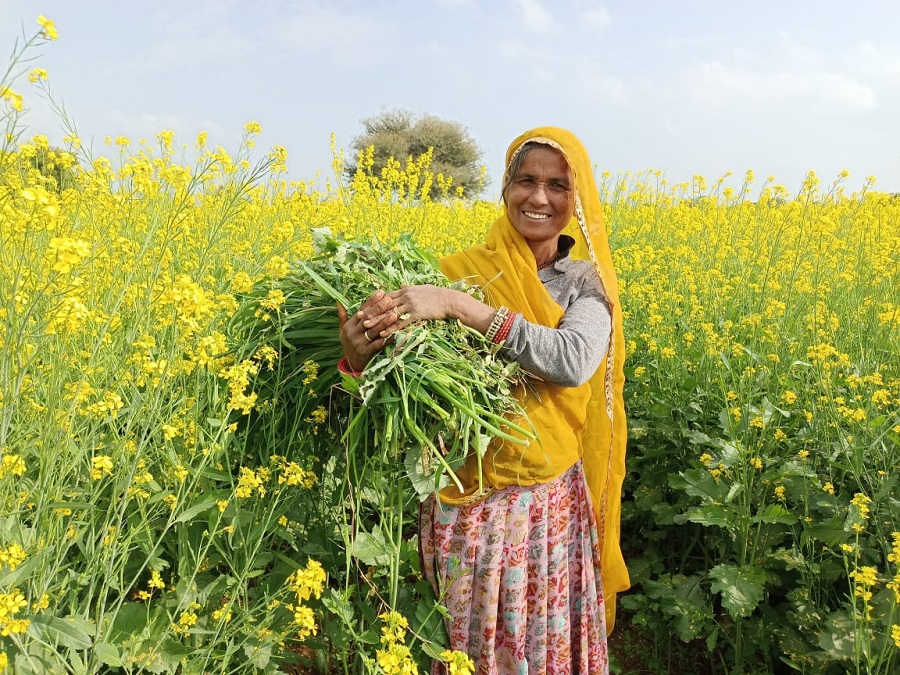
Outreach
States
Total Districts including 56 Aspirational Districts
Villages
Million families
Programmes and Impact
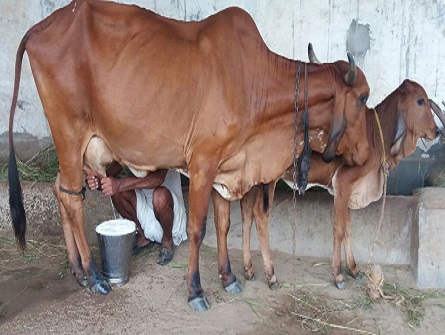
Livestock-based Livelihoods and Enteric Methane Emissions Reduction
5,19,669 (cum. 72,10,900) families from 96,956 villages in 12 states have improved their livelihood; Methane emission reduced by 17 to 20 %
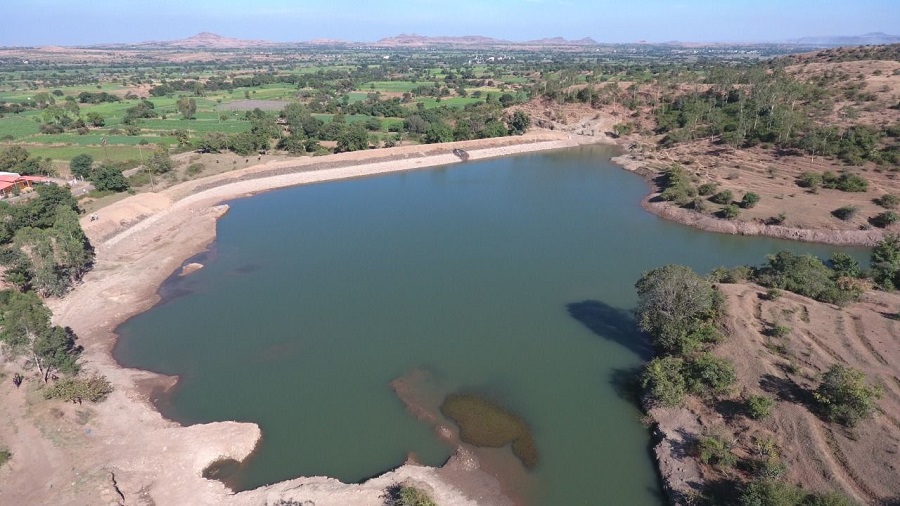
Water-centric Livelihoods for Land Degradation Neutrality and Soil Carbon Enrichment
186 (cum. 372,159) ha; 13,636 (cum. 284,993) families in 115 (cum. 1513) villages in 12 states; Estimated carbon sequestered / offset: 100,000 t. C per year.
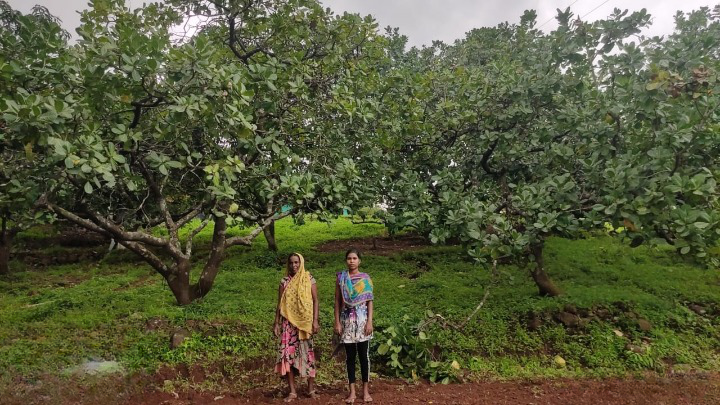
Agri-Horti-Forestry (Wadi) for Carbon Sequestration and Livelihoods of small and marginal farmers
3112 (cum. 89,136) ha; 7779 (cum. 222,840) tribal and poor families; 382 (cum. 6900) villages from 12 states; Carbon sequestered: 2.0 million tons
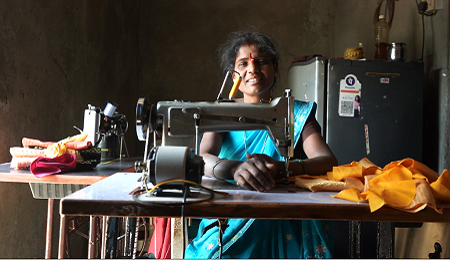
Rural Non-Farm Sector-based Livelihoods

Samruddha Gram (Holistic Village Development)
Convergence of mainstream programmes for holistic development of 8074 families from 82 villages of 6 states
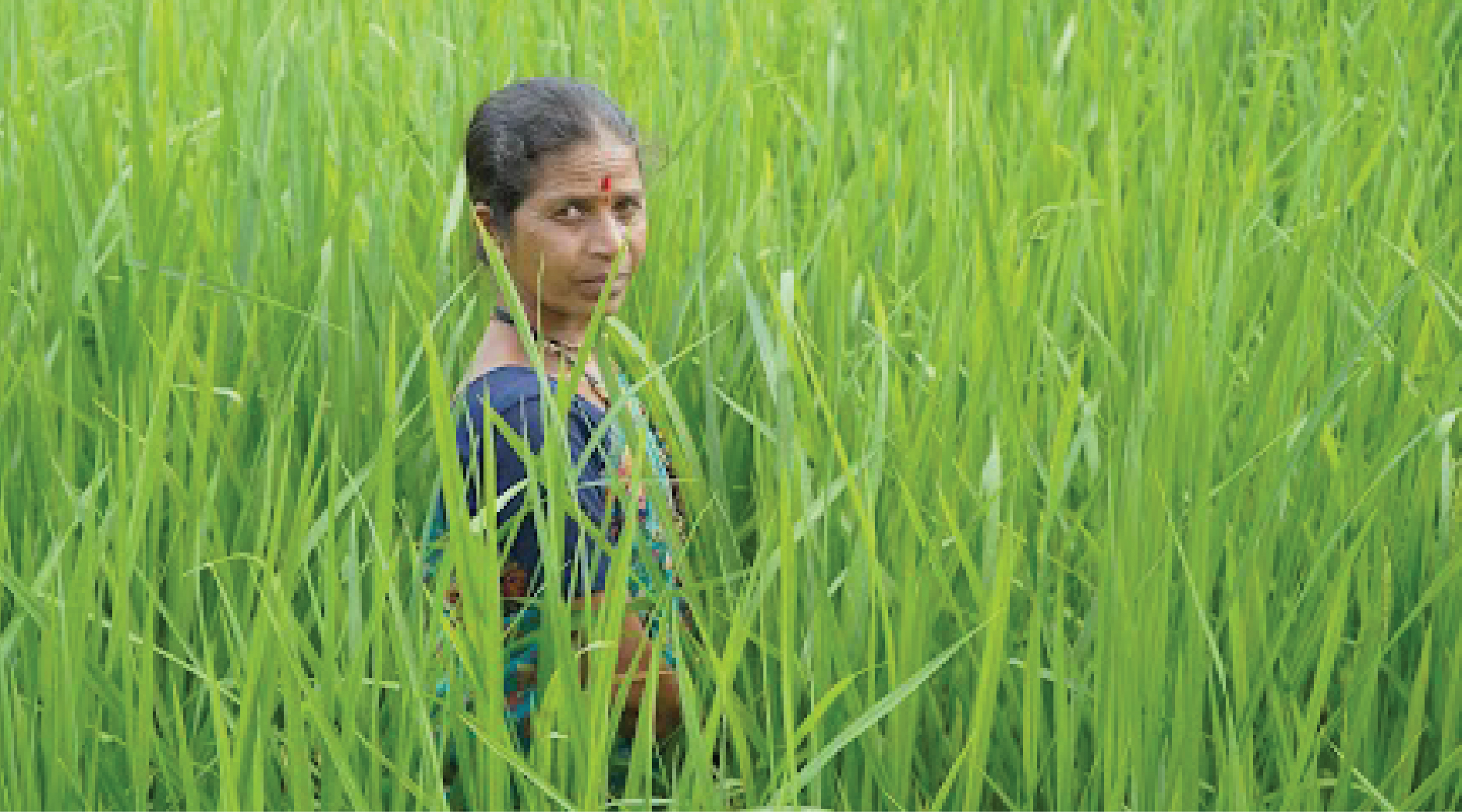
Climate Change Adaptation, Mitigation and Climate-Smart Agriculture
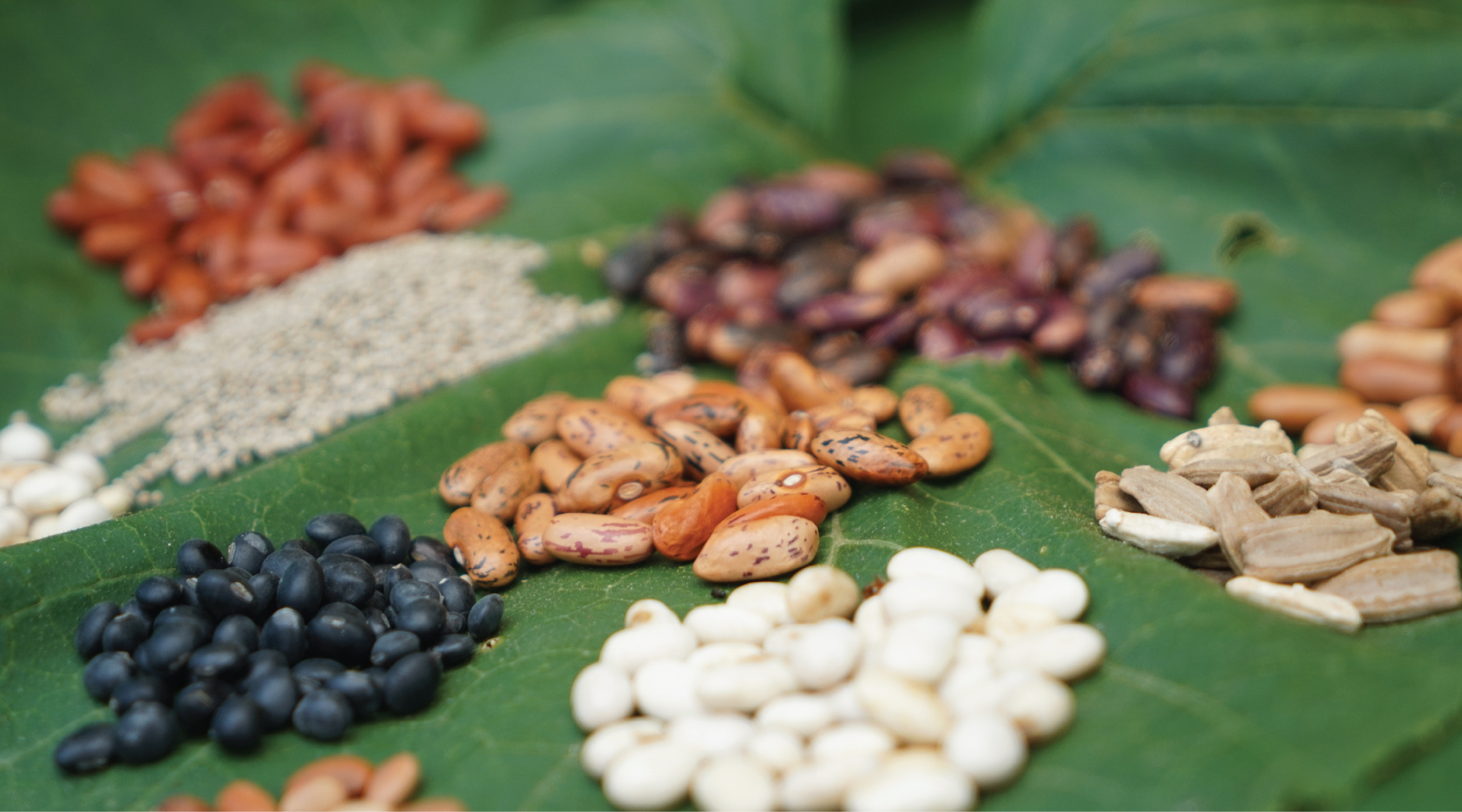
Agro-Biodiversity Conservation
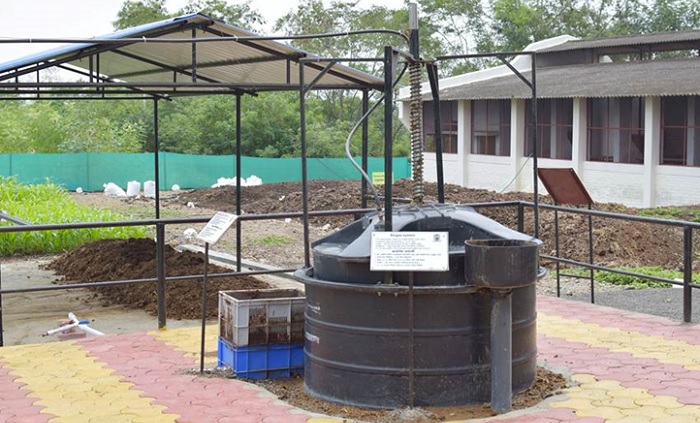
Renewable Energy
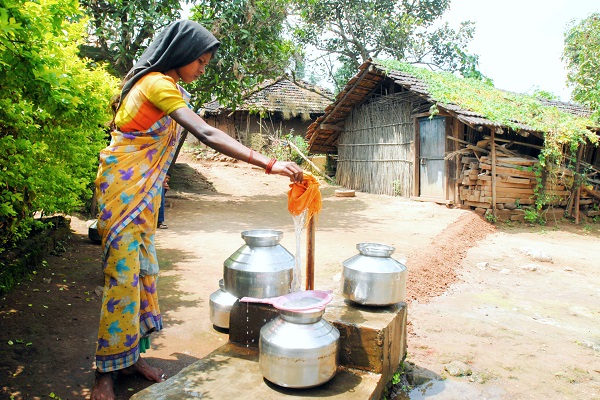
Health and Nutrition
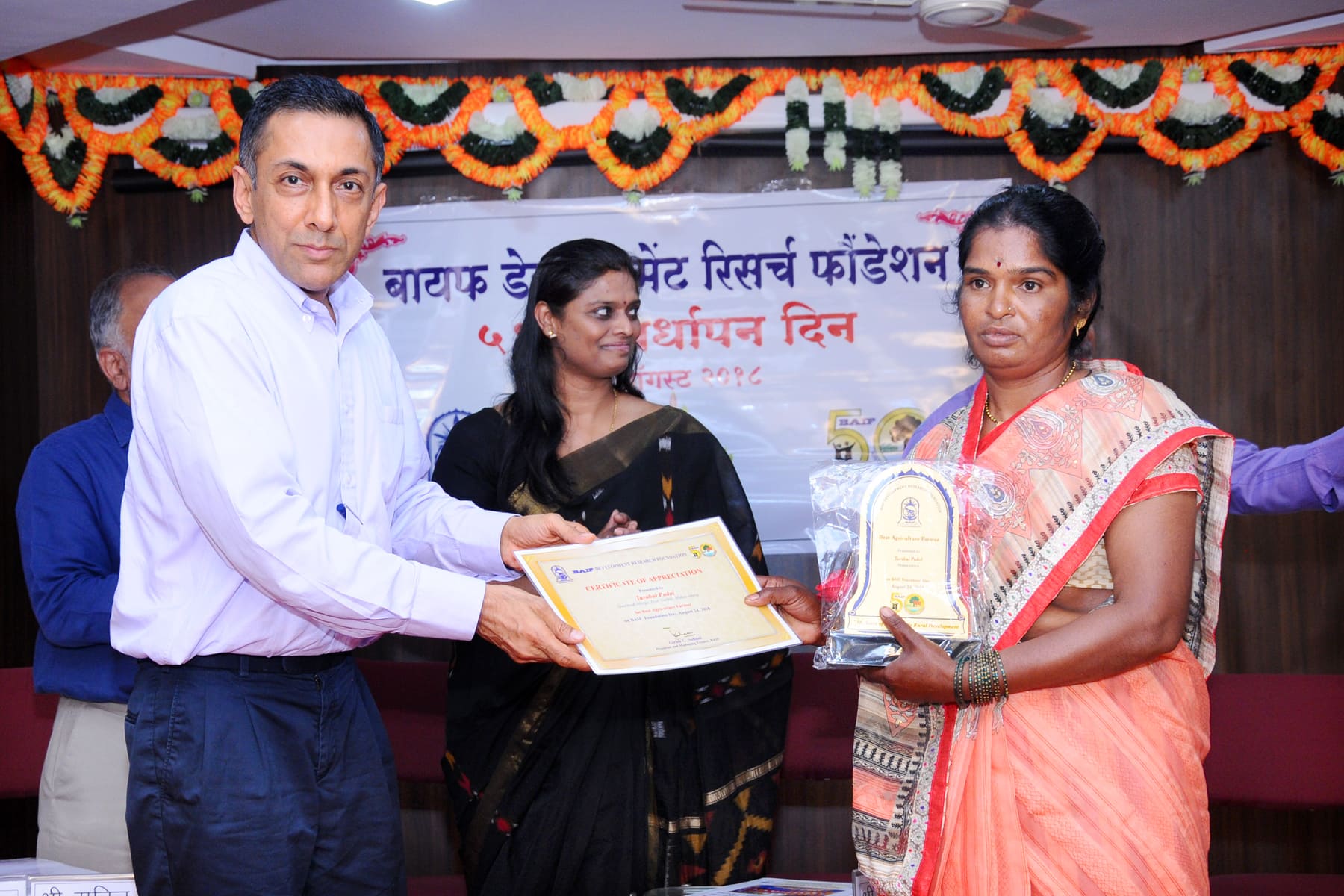
Women-centric Development
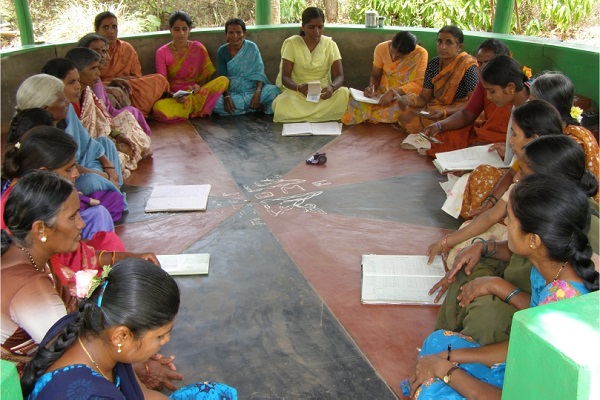
Capacity Building
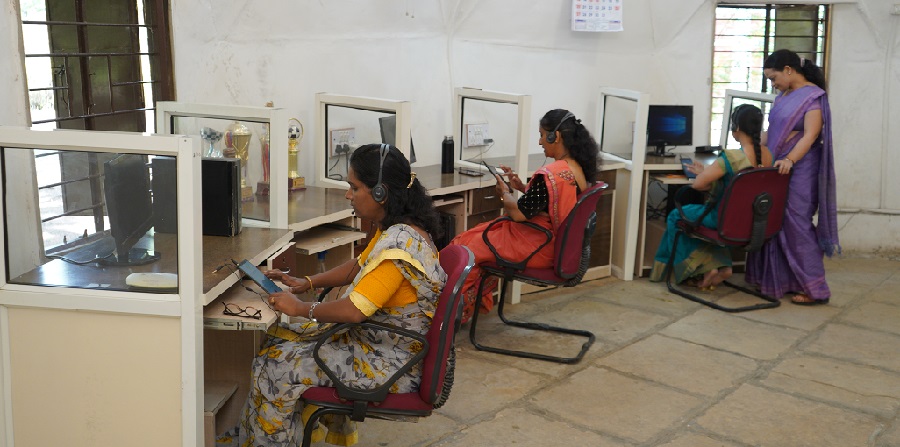
Information and Communications Technology
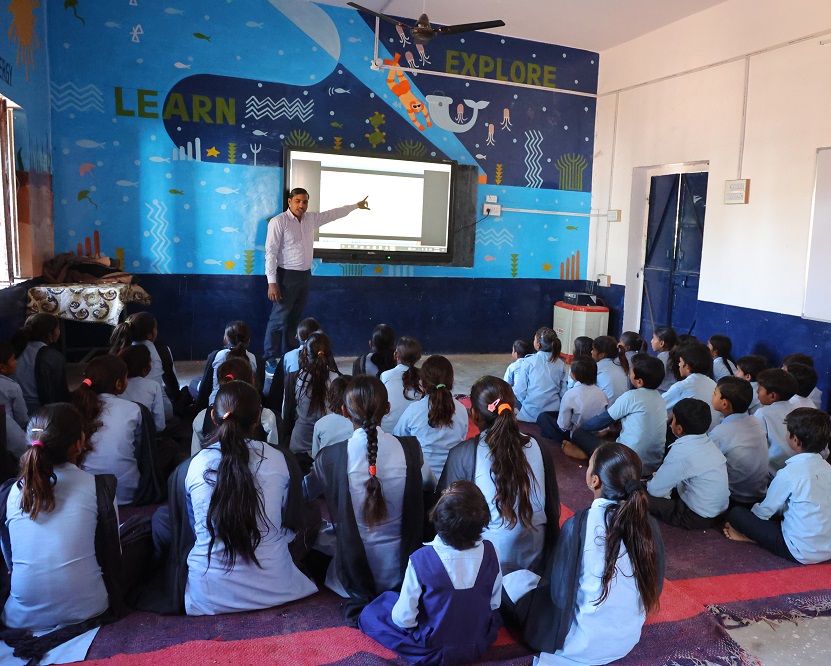
Education
Formal and non-formal educational initiatives in tribal regions; Functional literacy in Bundelkhand region and Smart School Programme for 2000 children in 5 states
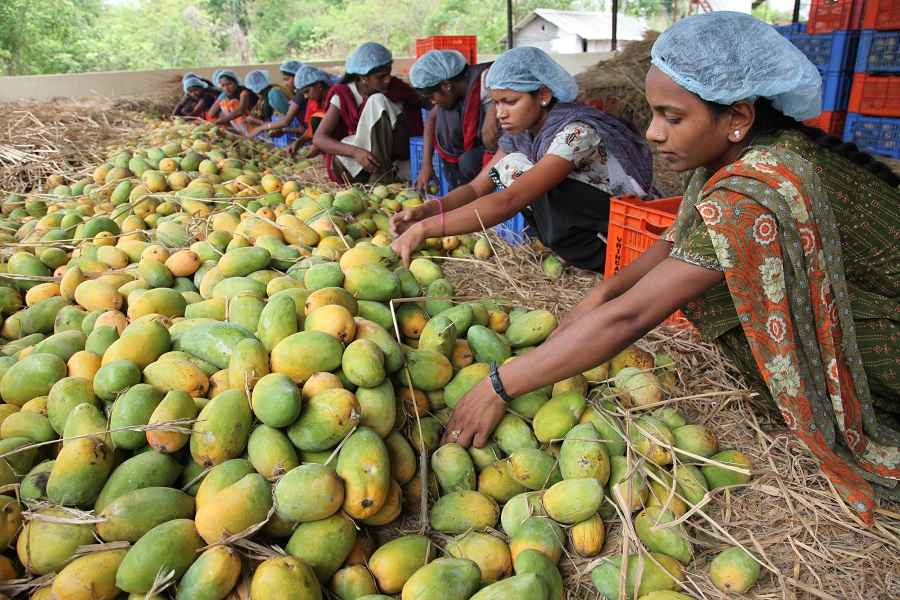
Farmer Organisations
Significant Events
Let’s Green Up to Cool Down this Earth Day!
Let's Green Up to Cool Down this Earth Day!BAIF pledges to continue its efforts to green Mother Earth through enteric methane emissions reduction,...
Pilot Park to promote Cactus as the Green Gold crop of India established in Pune
On March 11, 2024, Shri. Giriraj Singh, Hon. Union Minister for Rural Development and Panchayati Raj, Government of India, inaugurated the first of...
BAIF Pune celebrates 75th Republic Day
Unbridled Patriotism, Pride and Passion marked the 75th celebration of India’s Republic Day at BAIF Head Office in Pune.The ceremonial guard of...
BAIF Vision 2030
The strategy for achieving the goals will be empowerment and skilling of the local people, building social capital and collaborations with national and international science and technology institutions.

